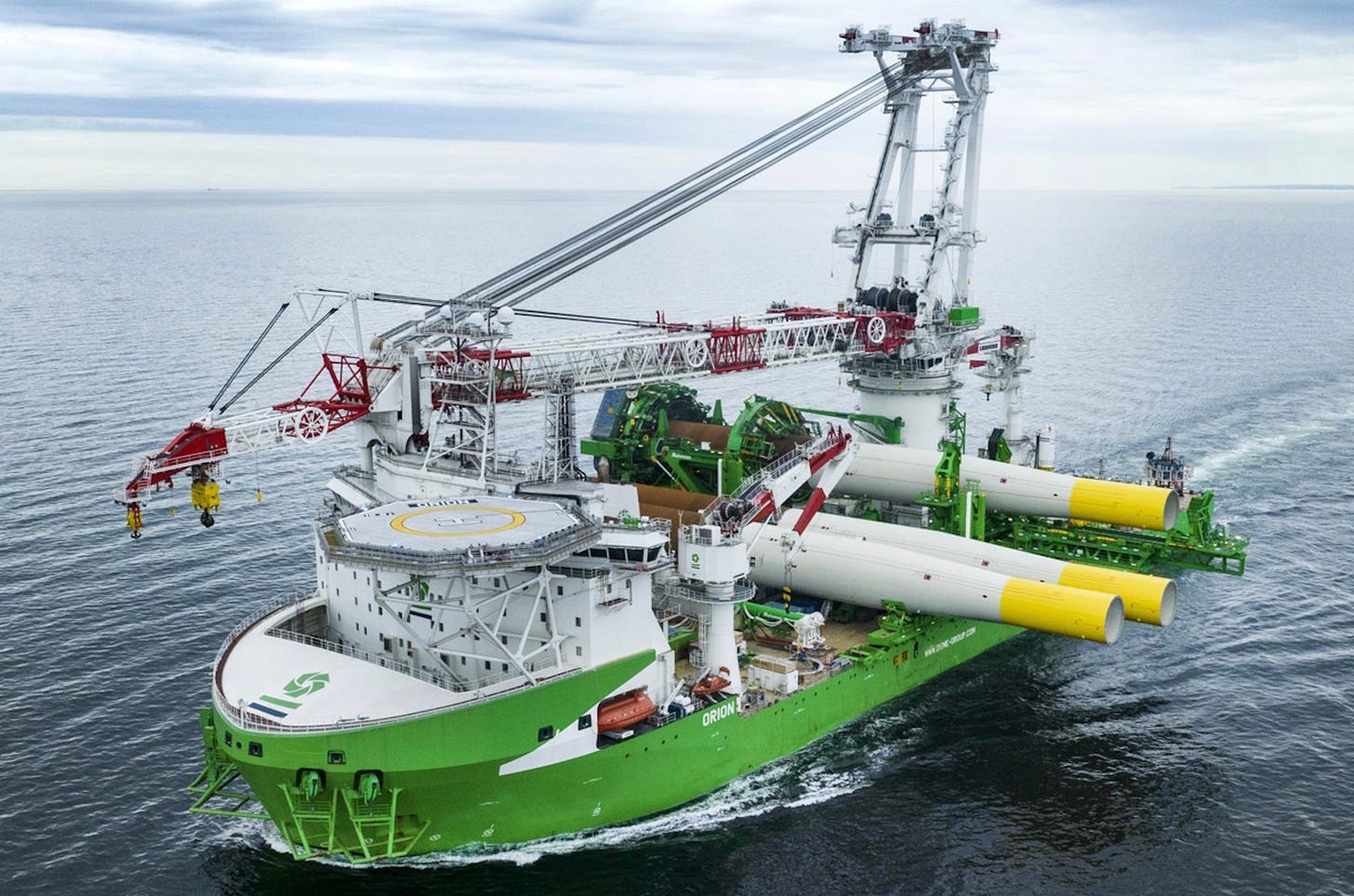ESG risks start filtering into merger deals as disaster costs soar
Plus, new fusion breakthrough leaves investors searching for nuclear plays.
In today’s edition:
— ESG risks, still not thoroughly disclosed, start to filter into mergers due diligence
— Jockeying for nuclear fusion plays to surge after second breakthrough
— As offshore wind projects gear up on East Coast, a profit warning from Europe
— Lucid shares rise as steady production and shipping news offsets losses; Rivian also higher
— Paris halts Olympic swim warmup in the Seine a year before Opening Ceremonies
— Rare earths aren’t as rare as you might think; they’re just in China

Despite the controversy over climate risk disclosure in public companies in the U.S., more and more environmental, social and governance (ESG) factors are seeping into merger deals and debt sales, according to a new survey by KPMC.
The soaring costs of climate disasters — more than a dozen in the U.S. over $1 billion so far this year — means that bankers and debt providers increasingly want to know whether risks other than normal restructurings are in play, such as global warming. More than half the respondents to the survey said they’ve seen deals canceled over concerns about climate red flags in the due diligence process.
Almost half said they’ve seen purchase price cuts result from the exposure of climate risks. The findings illustrate that no matter how much some politicians argue ESG strategies are harmful to investment returns, large investors, bankers and lawyers are still going to search for them in the course of their business.
It will be interesting to see if this will be reflected in the Securities and Exchange Corporation’s new climate disclosure rules when they are unveiled this fall, perhaps as early as October. After all, if bankers and mergers experts are combing through corporate balance sheets looking for climate risk, and pricing it, why shouldn’t the same data be available to small investors looking to buy and sell securities?
Standard & Poor’s said this week it will drop ESG scores from its debt ratings, presumably in reaction to the backlash from companies that scored low, and states and localities where politicians are hostile to ESG. While ESG ratings certainly need an overhaul — and a rebranding — the loss of any existing data points are worrying.
Lack of data is the biggest problem investors have with identifying and managing climate risk today. As long as there is no national standard, the playing field will remain uneven.
Don’t forget to contact me directly if you have suggestions or ideas at dcallaway@callawayclimateinsights.com.
Follow us . . . .
Twitter | LinkedIn | Facebook | Instagram
Tuesday’s subscriber-only insights

New fusion breakthrough ignites investor appetites
Keep reading with a 7-day free trial
Subscribe to Callaway Climate Insights to keep reading this post and get 7 days of free access to the full post archives.

